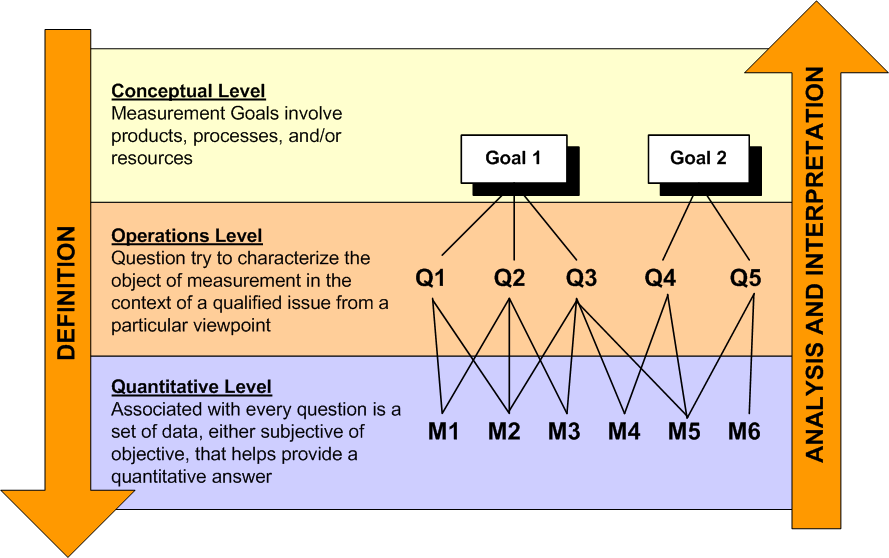I'm always looking for ways to help others in their quests to be better project managers. It doesn't matter if it's about getting the PMP® certification, getting PDUs, or even finding good tools to make a given task easier. I field questions from both emails and Twitter. Today I read an email that was not unlike others I've answered directly. But, I thought others would benefit if I answered publicly. Here is the content of the email:
I read your article about how the PMP certification is commercialized and an example of a PMP holder hiding behind the credential. I want to become a good IT Project Manager. I read the requirements to become a PMP. According to requirements, a person needs 3 years exp before attempting this test. My question is, how can I get exp without a certificate or who would give me a job to get the exp as a project manager and thereby attempt my PMP certification. Can you please help me set my goals in an orderly fashion so I can ultimately become a good Manager?
Does this sound familiar? It's kind of like the chicken and the egg. First, I would like to say the person asking the question made a statement that resonated with me. I want to become a good IT Project Manager. I really want to help because if they wrote that, they are half way there. Let's be clear. You don't need to have a PMP to be a good PM. I know very gifted people who do not possess the credential. I would be a liar if I did not believe the deck is stacked against them. Companies have bought into the idea that good PMs have PMPs. But I digress. Back to the question at hand.
It can be a challenge to become a project manager, if you have no experience. If you have ever lead a team or managed a task, you have more experience than you give yourself credit for. PMI will recognize that. Remember, the PMP is not a test about something you are learning. The PMP is an exam about what you should already know and do, but categorized within the framework of the PMBOK. Let's say you're a QA Engineer. I bet you have a lot of experience in the Monitoring & Controlling Process Group and specifically in the Project Quality Management knowledge area. Document your experience around what you know and do.
In order to qualify to take the PMP exam, you do need to have experience in all 5 Process Groups (Initiating, Planning, Executing, Monitoring & Controlling, and Closing). Honestly, you could have 99.9% of your experience in one process group and 1 hour in each of the remaining 4. PMI doesn't care. You just need to document that you have experience in all. If you want to be a good PM, I would recommend you get exposure to each of the progress groups. Fewer things are as bad as a PM who does not empathize with all of the functional areas or have experience in the different phases of the project lifecycle.
On a practical note, I recommend you engage others in other functional areas of your current project(s). Offer to help them in some way. Don't go in with an ulterior motive. Honestly, help someone and you'll get the experience you need as a byproduct. The PMP should be for someone with overall experience. However, I do know managers in specific functional areas who also hold the credential. I would recommend, if you want to be a good manager, to become educated through practical experiences and not solely through academia. You can learn just so much from a book.
Did I answer the question? Is it a good start?
Please post some comments and let me know.

